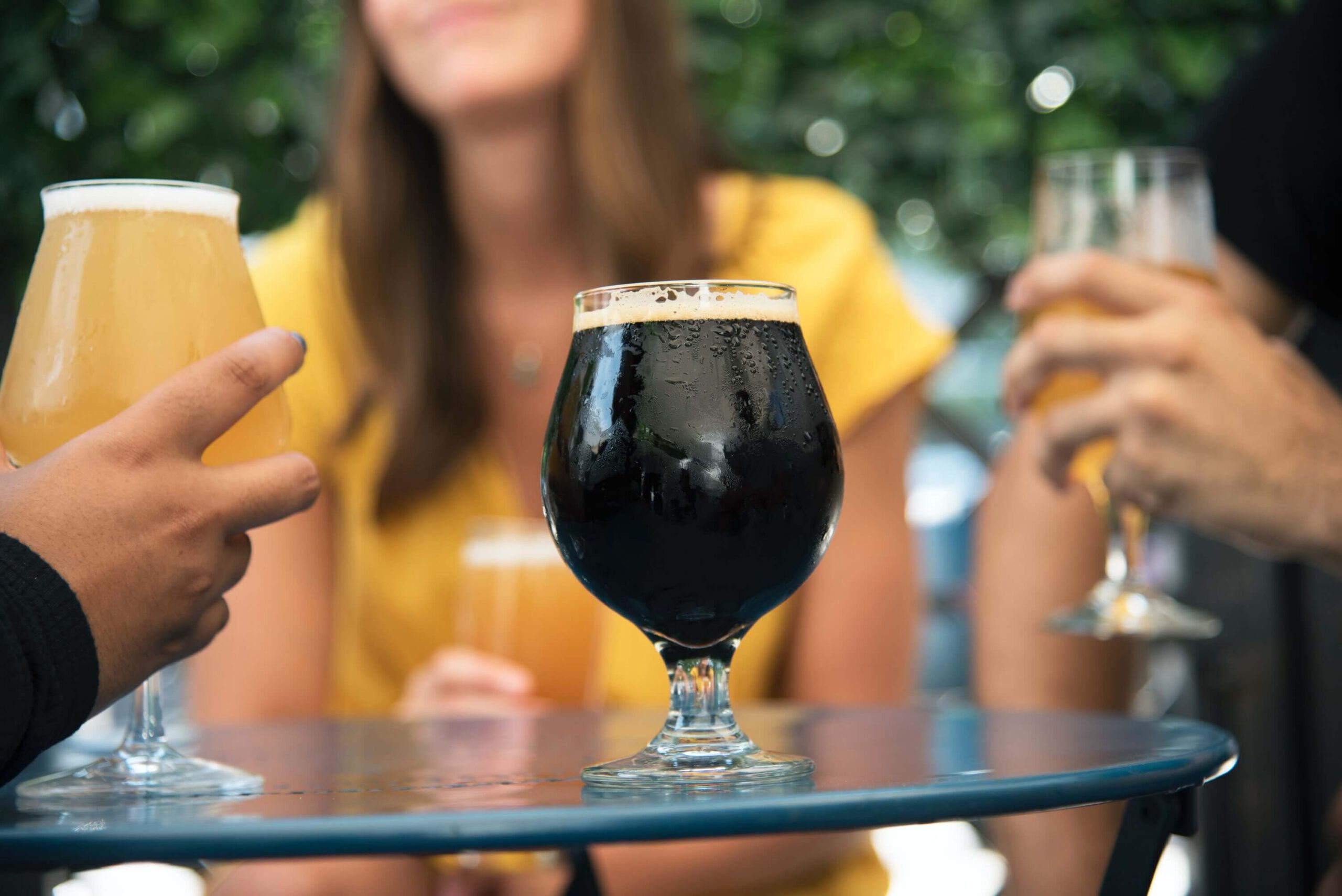“If you are going to brew with dark and roasted grains, you have probably noticed a harsh roasted bitterness. You can easily prevent this bitterness by cold steeping the grains.
Dark grains such as crystal, chocolate, and roasted grains generally no longer contain sugar. These grains are therefore especially suitable for the taste and color they give to the beer.
Adding these dark grains during the mash can unfortunately result in a roasted bitterness. We can prevent this unpleasant bitterness by using a method called cold steeping
Harsh bitterness?
This bitterness can be characterized by an astringent feeling, which not everyone appreciates. I personally don’t know exactly where this bitterness comes from, but I suspect that it might be caused by husks that have been burned and are therefore more fragile. Additionally, I think that the grain husks fall apart more due to the brittleness, which results in a bitter taste and makes filtering a bit more difficult.
ADvertisement
What is cold steeping?
I came across a method called cold steeping, which I was interested in learning more about. However, I found the available information to be unclear, so I posted a question on a homebrewing forum.
With cold steeping, you allow crushed grains to steep in cold water for a period of time, usually overnight. This process allows the color and flavors of the grains to infuse into the water, which can then be added to the wort during the boil.
The resulting taste is typically softer, with a reduced bitterness compared to adding dark grains during the mash. This method is also used in coffee preparation for similar reasons.
How cold steeping works
Time needed: 12 hours
Based on my personal experience, I have created a step-by-step guide for applying the cold steeping method to dark grains.
- Mill the dark grains
Simply mill the dark grains as you normally would.
- Add water
A good rule of thumb is to add five times the quantity in liters. For example, 500 grams of grains will require 2.5 liters of water. You can stir the grains to ensure they are mixed well.
- Let the mixture sit overnight
It’s best to prepare everything the evening before brewing day and let the grain mixture steep overnight.
- Filter the solid particles from the liquid
Place a colander over another bucket or pan and pour the mixture on top. The solid particles will remain and can be discarded. You only need the liquid infusion/extract.
- Reduce the amount of sparge water
Because you will be adding a certain amount of steeped extract to the boil, it is recommended to deduct this amount from the total amount of sparge water. For instance, if you have 2.5 liters of infusion, then the amount of sparge water should be reduced by 2.5 liters.
- Boil the steeped extract
If you plan on boiling the wort, you can boil the steeped extract ahead of time to prevent a temperature drop during the addition. Add it about 10 minutes before the end of the boil.
Alternative: add the grains later
There is always an alternative. One of the alternatives is to add the dark grains later in the mash. You can add them in the last 10 minutes. The grains will give their color and the desired taste to the beer, but the chance of bitterness is reduced.
To conclude
I have used the cold steeping method in the past when brewing a black IPA, and the result was a beer with a softer taste. There was no harsh bitterness from the roasted grains, which was a pleasant surprise.
When I added the steeped liquid to the wort, I noticed that the beer started to turn black quickly. I gave it a good stir to ensure that everything was mixed well.

